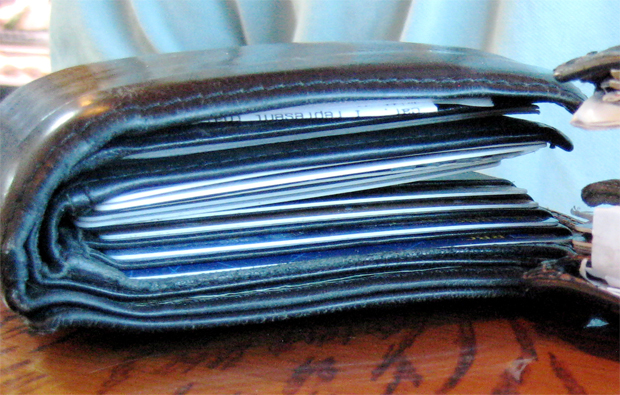How Long Paypal Payment Take To Clear

When it came to the perhaps over-embellished headlines from Square's announcement yesterday–the end of the cash register as we know it!–PayPal spokesperson Anuj Nayar couldn't help but chuckle. After all, PayPal has been in the payments business roughly 12 years and boasts 98 million users. Last quarter, the company did nearly $1 billion in revenue, about 39% of eBay's total revenue–by comparison, Square hopes to "process" $1 billion worth of payments for the entire year, meaning it'll just take a tiny percentage cut of that money for itself.
So it's hard to imagine that with the release of a new Square app and register (which is being used by about 50 businesses across the country) that the mobile-payments startup could spark such Apple-like hysteria for the potential of its product. Unsurprisingly, PayPal is skeptical of any oncoming revolution.
"Existing models don't go away until they are replaced by models that work better," PayPal's Nayar says. "I think people are getting held up in the technical possibilities, and are forgetting that at the end of the day, the consumers have to choose to use it. Unless they can see advantage in doing this versus the existing way of paying, I ask the question: Why would they? The consumer needs to see the benefit beyond, 'This is just cool.'"
For Nayar, it's difficult to envision one winner-takes-all technology in the payments industry. On his smartphone, he says, he has myriad payment tools: the PayPal app, Square app, an RFID tag, as well as payment plans through Starbucks and iTunes. "And none of those are even NFC payments," he adds. "It's not going to become a habit for consumers unless it's easier. Sometimes I say, 'You know what, it's not that hard to pull out my credit card and swipe.' I don't find it particularly onerous."
When asked whether PayPal was working on its own Square-like system, Nayar said he was not in a position to discuss the company's point-of-sale strategy. However, he did drop some hints as to the pain points it hoped to solve.
"In my wallet, I don't use the same payment device in every situation. Sometimes I use my debit card, sometimes I use cash, sometimes I use my corporate card. That ability to choose the way I pay isn't something I'm going to give up. I want to have that flexibility when I'm paying digitally: It has to be more convenient, and it has to have benefits beyond, 'Wow, instead of paying with a credit card, I can pay with my phone," he says. "What we will have will take advantage of PayPal–it won't look like anything else that's currently out there."
Still, until PayPal's system is revealed, there's no doubt that Square is at least making the most disruptive splash in the industry. And while it's too early to say whether Square's system will become ubiquitous, keep in mind Square's all-star team includes PayPal veteran Keith Rabois as COO.
Last I heard, that company was pretty successful.
How Long Paypal Payment Take To Clear
Source: https://www.fastcompany.com/1755063/how-paypal-sees-square-future-digital-payments
Posted by: adkisonthervild.blogspot.com

0 Response to "How Long Paypal Payment Take To Clear"
Post a Comment